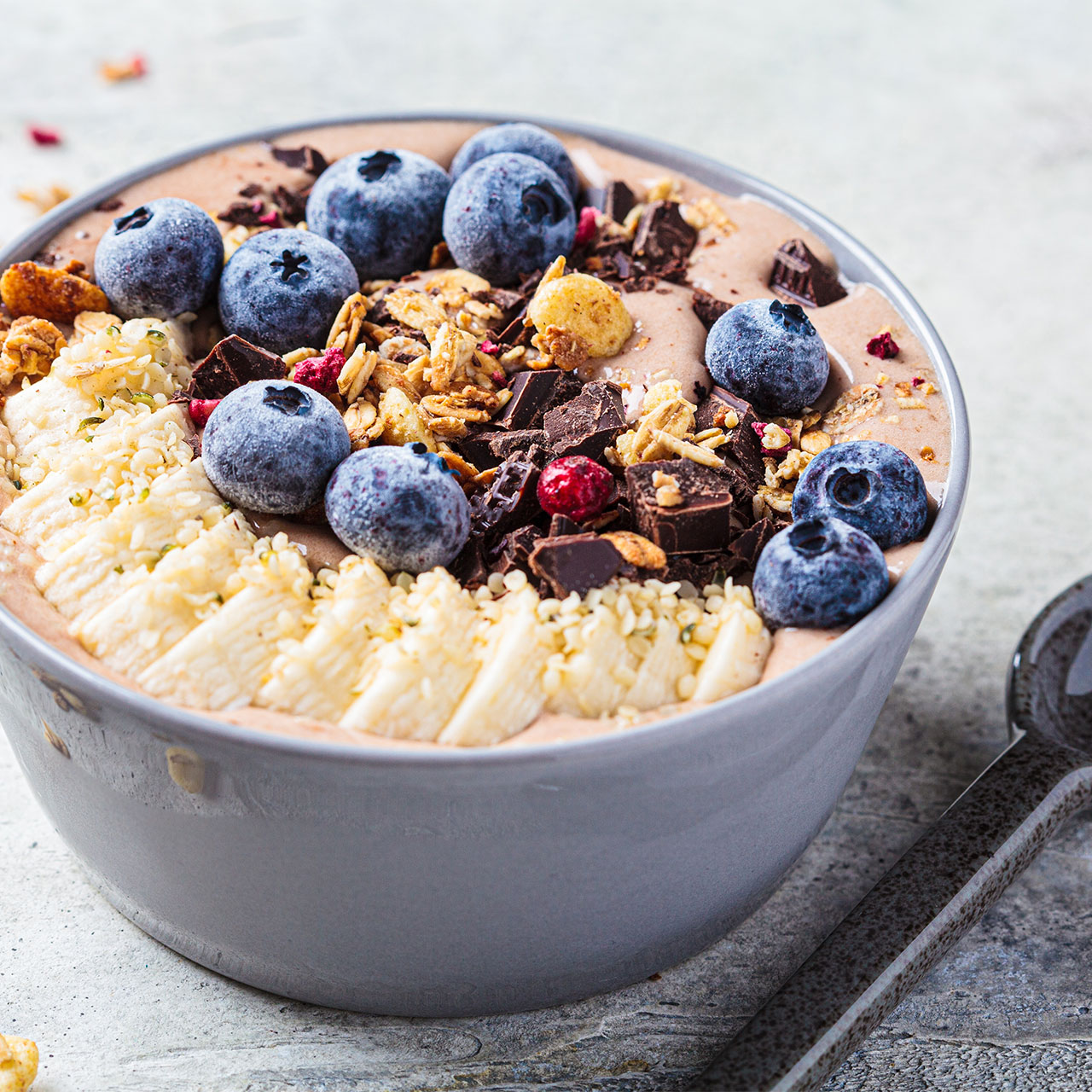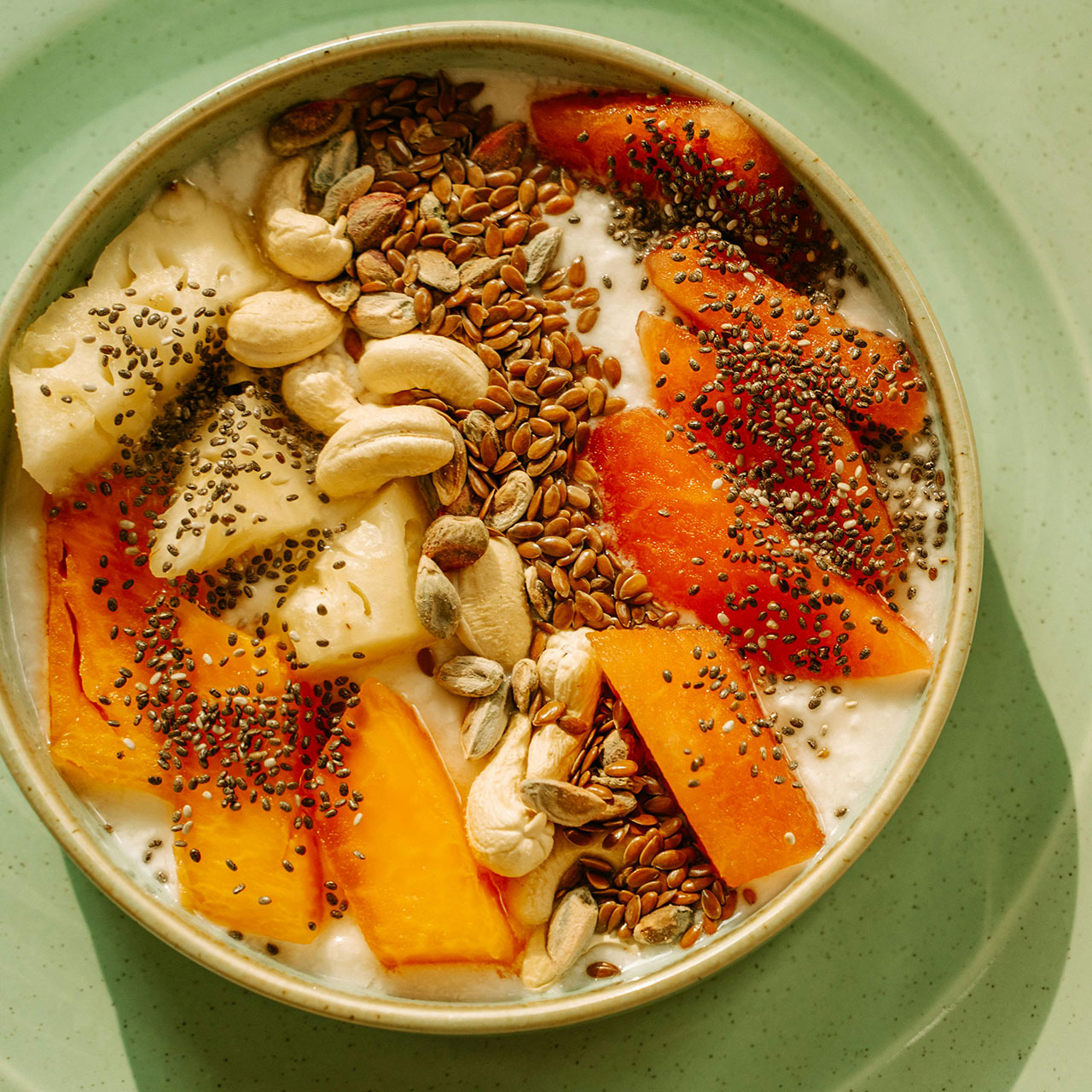Carbohydrates are a crucial part of our diet, providing the energy needed to power through daily activities. However, not all carbs are created equal. Consuming excessive amounts of refined and simple carbohydrates can slowly lead to weight gain if consumed frequently over time. These types of carbs cause rapid spikes in blood sugar levels, leading to increased fat storage and cravings for more sugary foods.
We spoke with Johanna Angman, a registered dietician and nutritionist, to find out how many grams of carbs can gradually contribute to weight gain and which types of carbs are most likely to cause it. Read on to find out all the facts.


How Many Grams of Carbs Lead To Weight Gain, And The Worse Carbs To Eat For Weight Loss
Angman says that quality and balance are key when it comes to carbohydrates. Opting for whole, unprocessed sources that are rich in fiber can help you maintain a healthy weight and support your overall well-being. As for the amount that could eventually lead to some weight gain, she says, "Consuming excessive carbohydrates beyond your body's energy needs can lead to weight gain. For most individuals, this threshold varies based on activity level, metabolism, and overall calorie intake. As a general guideline, exceeding 50–60% of your daily calories from carbohydrates can contribute to weight gain if not balanced with adequate physical activity."
Carbs have a bad reputation in the weight loss world, but there's good carbs and bad carbs. In this case, you want to stay away from carbs that are highly refined and processed. "Refined carbohydrates like white bread, sugary cereals, and pastries can spike blood sugar levels and lead to weight gain when consumed in large amounts. These carbs lack fiber and essential nutrients, promoting rapid digestion and potential fat storage if not utilized for energy," she notes.

The Best Portion Amount and the Best Types of Carbs for Weight Loss
Angman adds that to maintain a healthy weight, aim for a balanced diet where carbohydrates account for about 45–65% of your daily calories. Choose complex carbs like whole grains, fruits, vegetables, and legumes, which offer sustained energy and are packed with fiber, vitamins, and minerals.
"Choose nutrient-dense carbohydrates that are minimally processed and high in fiber. These include whole grains like quinoa, oats, and brown rice, as well as fruits and vegetables. Fiber helps regulate blood sugar levels, promotes satiety, and supports digestive health, all of which contribute to weight management," she says.


























